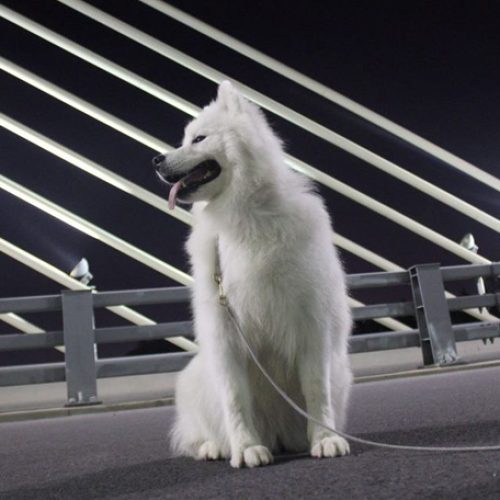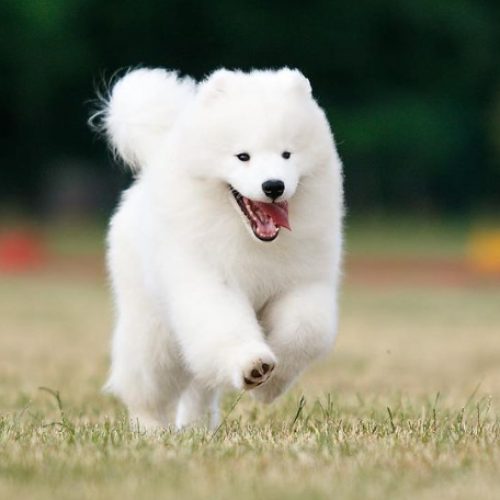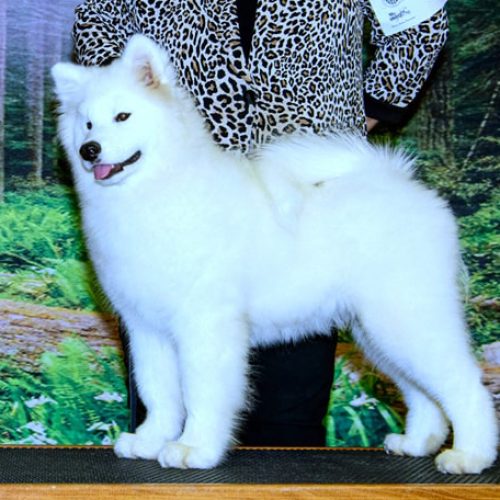If there is anything more important when bringing a puppy home is establishing a routine. Structure will help your new Samoyed feel secure and know what’s expected of him. The best way to do this is to create a schedule and stick to it.
The sooner you set a schedule, the sooner he’ll adjust to his new family and you to him. Routines makes it easier for everyone, humans included, to know what’s acceptable behavior and what’s expected. The sample schedule below is a good place to start; you may need to tailor it to suit your Samoyed.
Sample Puppy Schedule
- 6:00 am: Take your Samoyed puppy outside to defecate. Also use this time as play and socialization with the environment. This should NOT be a 2 minute session, let them have 30-40 minutes. Afterwards let them drink water in their cage.
- 9:00 am: Feed your Samoyed puppy. Depending on the quality of your Samoyeds food, you should feed no more than 110g of food at a time. Feed in their crate. No water is needed at this time.
- After puppy’s breakfast: Puppies usually need to relieve themselves again, within a few minutes of eating. However if you don’t want to take out your Samoyed puppy, they should be able to hold their bowls until the afternoon.
- Noon: The rest of the morning might be devoted to nap time, ideally in a crate. Even if you’re home during the day, your puppy should spend time in a crate or pen; this will help him learn how to be alone when necessary. You should also provide your Samoyed puppy water at this time while he is in his crate.
- 3:00pm: A repeat of the early morning routine – as soon as he wakes up, a trip outside. This is the time for another training session and some time for playing , so he can burn energy.
- Dinner: If you arrange your Samoyed’s mealtimes around yours, it will become natural to feed him either while you’re preparing dinner or while the household is eating. Again provide 110g of high quality dog food and some clean cold water in his crate.
- Evening: Another potty break! The early evening is a good time for lots of interaction. If your Samoyed doesn’t seem to calm down, even after plenty of exercise, give your pup a treat and let him settle in the crate for a while. Make sure your Samoyed puppy potties before bedtime.
By establishing the routine from the very beginning, you’ll be on your way to a happy, well-adjusted dog. It’s worth putting in the time and effort right now so that undesirable habits and behaviors won’t stand a chance.




